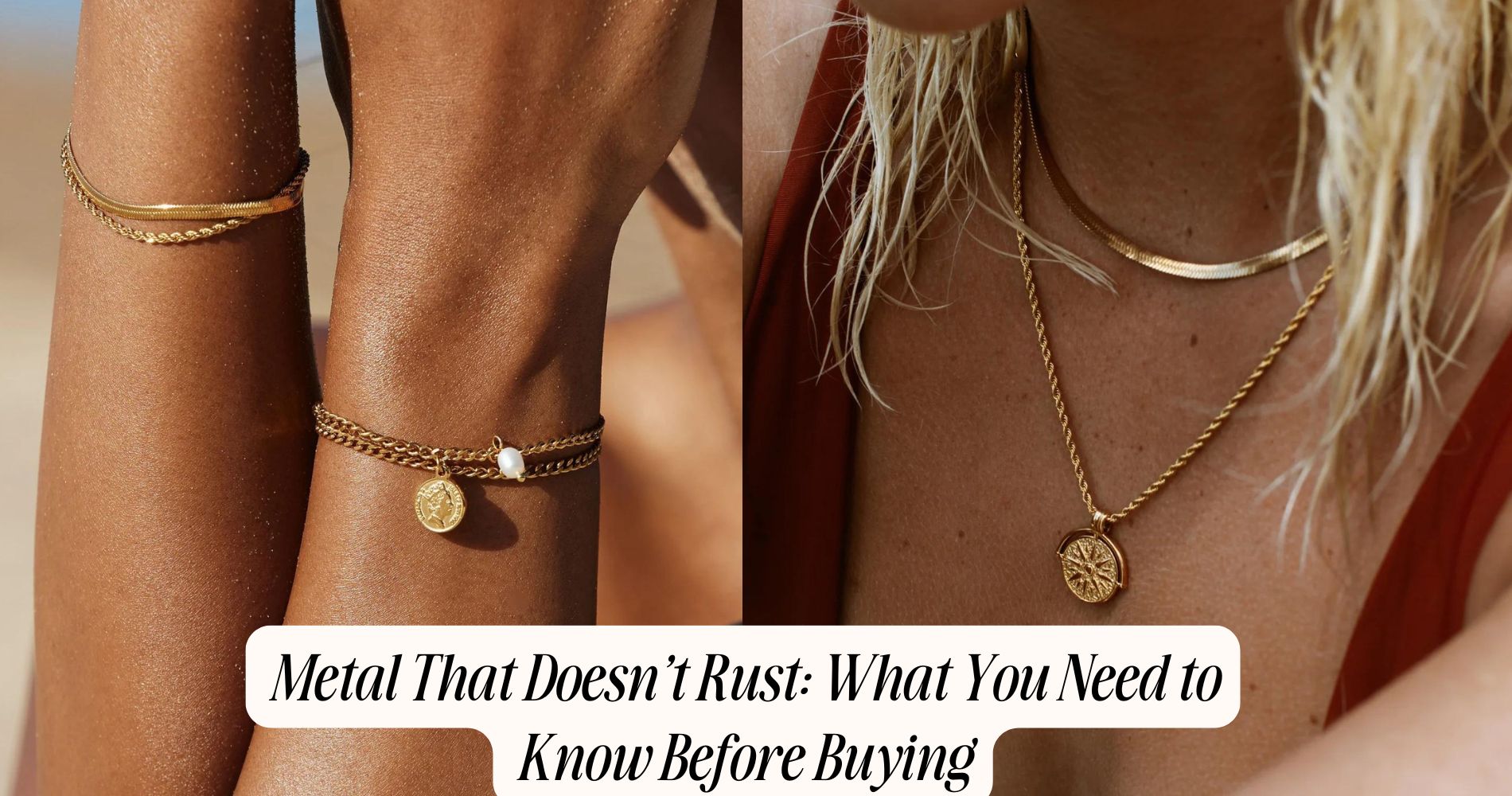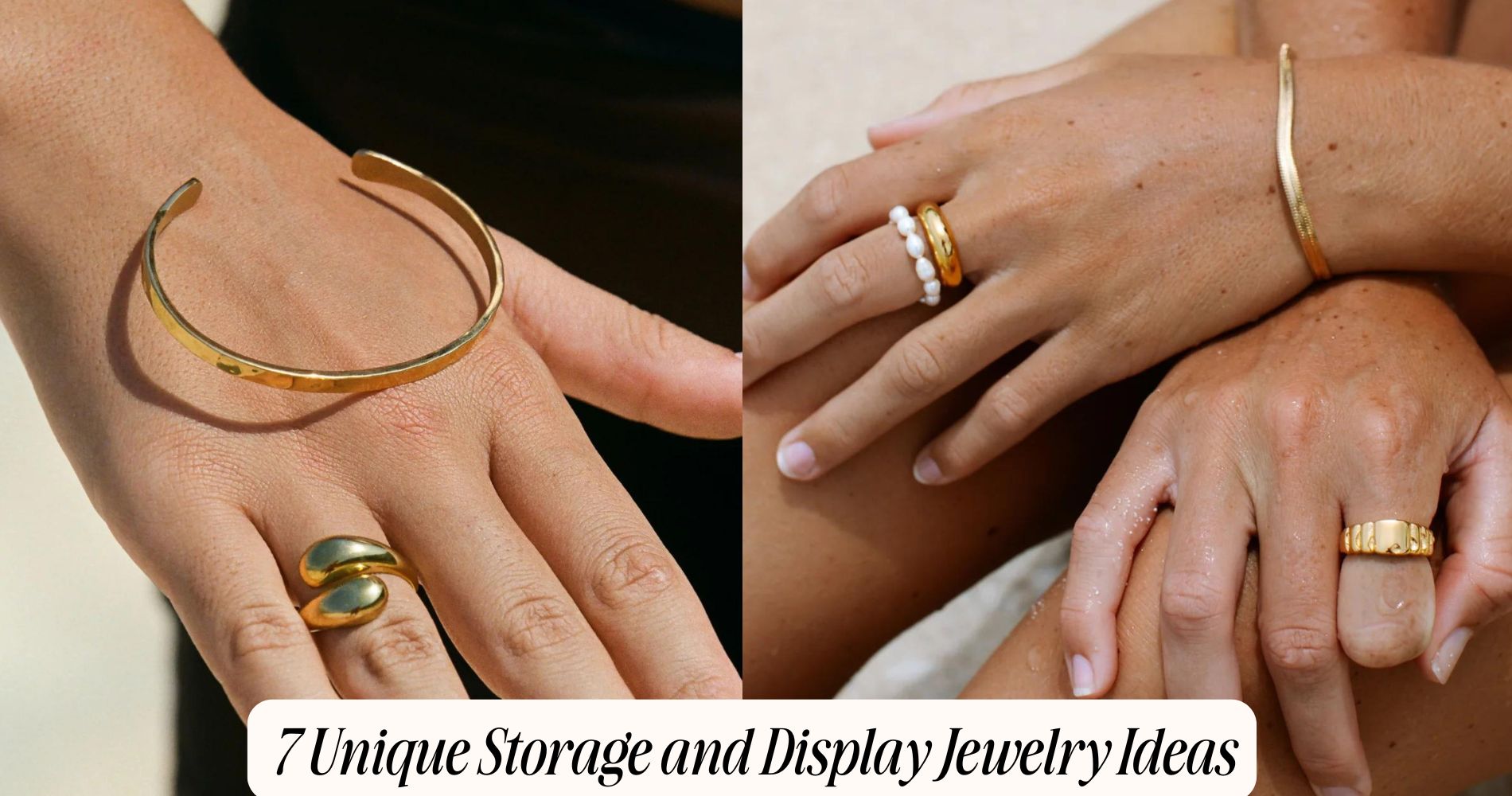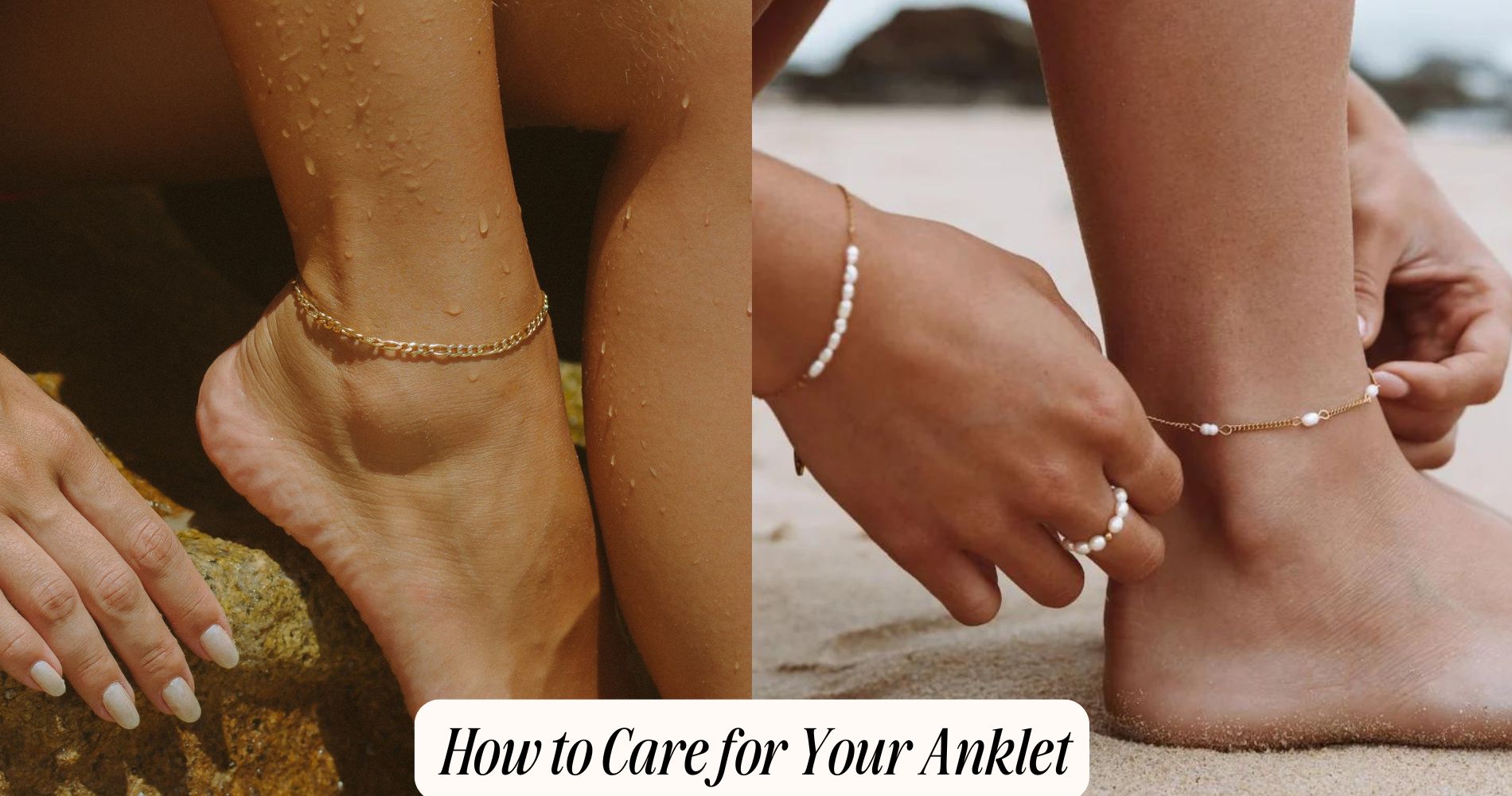
Metal That Doesn't Rust: What You Need to Know Before Buying
When searching for a metal that doesn't rust, two standout options are aluminum alloys and stainless steel. These metals resist corrosion thanks to a protective oxide layer, making them highly durable even in harsh environments. Aluminum is lightweight and perfect for marine and automotive applications, while stainless steel, with at least 10.5% chromium content, is prized for its hygiene and aesthetic appeal in food processing and architecture. It's essential to evaluate your environmental conditions and specific application needs, as the choice of alloy significantly impacts performance. Balancing upfront costs with long-term maintenance savings will ensure a smart investment. Plus, there's much more to discover about their benefits and applications, especially when it comes to tarnish-free jewelry, which maintains its beauty without the worry of rust or corrosion.
Understanding Rust and Corrosion
How does rust form, and why does it pose a significant threat to metal structures? Rust formation occurs when iron or its alloys react with moisture and oxygen in the environment. This corrosion process initiates an electrochemical reaction, leading to the transformation of iron into iron oxide, commonly known as rust.
As the rust develops, it expands and flakes off, exposing more metal beneath and accelerating further corrosion.
You're likely aware that this progressive deterioration can compromise structural integrity. For instance, when rust infiltrates vital load-bearing components like beams or supports, it can weaken them, posing safety risks.
The corrosion process isn't merely superficial; it can penetrate deep into the material, making it difficult to assess the extent of damage without thorough inspection.
Moreover, factors such as humidity, temperature, and the presence of salts can exacerbate rust formation, making it a persistent concern in various environments. Understanding these dynamics is essential for managing and mitigating the risks associated with metal structures.
You must recognize that proactive measures, such as protective coatings or regular maintenance, play a significant role in combating rust and prolonging the lifespan of metal assets.
Types of Rust-Resistant Metals
To combat the pervasive issue of rust, various metals have been engineered to resist corrosion effectively. Among these, aluminum alloys and stainless steel stand out as prominent choices for both structural and aesthetic applications.
Aluminum alloys, known for their lightweight and high strength, are inherently resistant to corrosion due to the formation of a protective oxide layer. This layer not only shields the underlying metal but also prevents further oxidation, making aluminum alloys ideal for marine environments and outdoor applications.
You'll find that these alloys are often used in aerospace, automotive, and architectural projects.
On the other hand, stainless steel, which contains a minimum of 10.5% chromium, offers exceptional corrosion resistance. The chromium in stainless steel reacts with oxygen to form a thin, passive layer of chromium oxide, effectively protecting the metal from rust.
When selecting rust-resistant metals, understanding the specific properties of aluminum alloys and stainless steel is essential for ensuring longevity and performance.
Benefits of Rust-Resistant Metals
Rust-resistant metals offer significant advantages in various applications, enhancing both durability and performance. When you choose materials like aluminum alloys and stainless steel, you're investing in longevity and reduced maintenance costs. These metals are engineered to withstand corrosive environments, which is essential for structures exposed to moisture or chemicals.
Aluminum alloys, for instance, not only resist rust but also provide a lightweight alternative that maintains structural integrity. Their exceptional strength-to-weight ratio makes them ideal for aerospace and automotive industries. You'll find that components made from aluminum alloys can endure harsh conditions without compromising performance.
On the other hand, stainless steel offers remarkable resistance to corrosion due to its chromium content, which forms a protective oxide layer. This characteristic makes it suitable for food processing, medical equipment, jewelry, and architectural applications where hygiene and aesthetics are paramount.
Factors to Consider When Buying
When considering the purchase of rust-resistant metals, several key factors come into play.
First, you need to evaluate cost considerations. While rust-resistant metals often come with a higher initial price, their long-term savings in maintenance and replacement costs can outweigh the upfront investment. Analyzing your budget against the potential lifespan of the material is essential.
Next, alloy selection becomes important. Different alloys offer varying levels of rust resistance, durability, and strength.
For instance, stainless steel, which contains chromium, provides excellent resistance to corrosion, but its cost can vary substantially based on the grade chosen. You should assess the specific environment and application where the metal will be used, as this can influence which alloy is most appropriate.
Applications for Rust-Resistant Metals
In a variety of industries, rust-resistant metals play a critical role in guaranteeing durability and longevity. In marine applications, for instance, materials like stainless steel and aluminum are essential due to their ability to withstand harsh saltwater environments.
These metals not only resist corrosion but also provide structural integrity for boats, docks, and other maritime structures. Choosing the right rust-resistant metal guarantees that your marine equipment remains functional and safe over time.
Architectural uses of rust-resistant metals are equally significant. For buildings and infrastructure exposed to the elements, materials such as galvanized steel and weathering steel offer aesthetic appeal coupled with functional durability.
These metals are often used for facades, roofing, and structural components, guaranteeing that your design withstands the test of time without succumbing to rust.
In both marine and architectural contexts, selecting the appropriate rust-resistant metal can drastically reduce maintenance needs and prolong the life of your investment.
Maintenance Tips for Longevity
Maintaining rust-resistant metals is essential for ensuring their longevity and performance over time. To achieve this, you should implement several preventive measures and effective cleaning techniques.
First, regularly inspect the metal for signs of corrosion or damage, even if it's rust-resistant. Early detection allows for prompt remediation, preventing further deterioration.
Use a soft cloth to wipe down surfaces, removing dirt and debris that can trap moisture and lead to corrosion.
When cleaning, opt for mild soaps and warm water instead of harsh chemicals that can compromise the protective finish. For tougher grime, a non-abrasive scrubber can be effective, but avoid steel wool or other abrasive materials that may scratch the surface.
Additionally, consider applying a protective wax or sealant designed specifically for rust-resistant metals. This adds an extra layer of defense against environmental factors.
If the metal is exposed to saltwater or harsh conditions, increase the frequency of your maintenance routine.
Frequently Asked Questions
How Do I Identify Rust-Resistant Metals in Stores?
To identify rust-resistant metals in stores, check for specific alloys like stainless steel. You can also test coatings for durability. Look for labels indicating rust resistance, ensuring you choose materials that withstand corrosion effectively.
Are There Any Eco-Friendly Options for Rust-Resistant Metals?
Yes, you'll find eco-friendly options like sustainable alloys designed for corrosion prevention. These materials not only resist rust but also minimize environmental impact, making them a smart choice for your projects focused on sustainability.
What Are the Costs Associated With Rust-Resistant Metals?
When evaluating rust-resistant metals, you'll notice significant cost comparisons. Generally, they require lower maintenance requirements over time, which can offset higher initial prices, ensuring long-term savings while enhancing durability in various applications.
Can Rust-Resistant Metals Be Recycled?
Yes, rust-resistant metals can be recycled. During the recycling process, their rust resistance enhances durability and sustainability, providing valuable materials for reuse. You'll find that this contributes positively to environmental conservation and resource management.
How Does Temperature Affect the Performance of Rust-Resistant Metals?
Temperature effects considerably influence corrosion resistance in rust-resistant metals. Higher temperatures often accelerate oxidation processes, while extreme cold can embrittle certain alloys. Understanding these dynamics helps you select the right metal for your specific environmental conditions.
Conclusion
In conclusion, choosing rust-resistant metals is essential for durability and performance in various applications. By understanding the types of metals available and their specific benefits, you can make informed decisions tailored to your needs. Consider factors like environment and maintenance requirements to guarantee longevity. With the right selection and care, you can greatly reduce the risk of corrosion, ultimately saving time and money in the long run. Embrace the advantages of rust-resistant metals for a reliable solution.

























Leave a comment
This site is protected by hCaptcha and the hCaptcha Privacy Policy and Terms of Service apply.